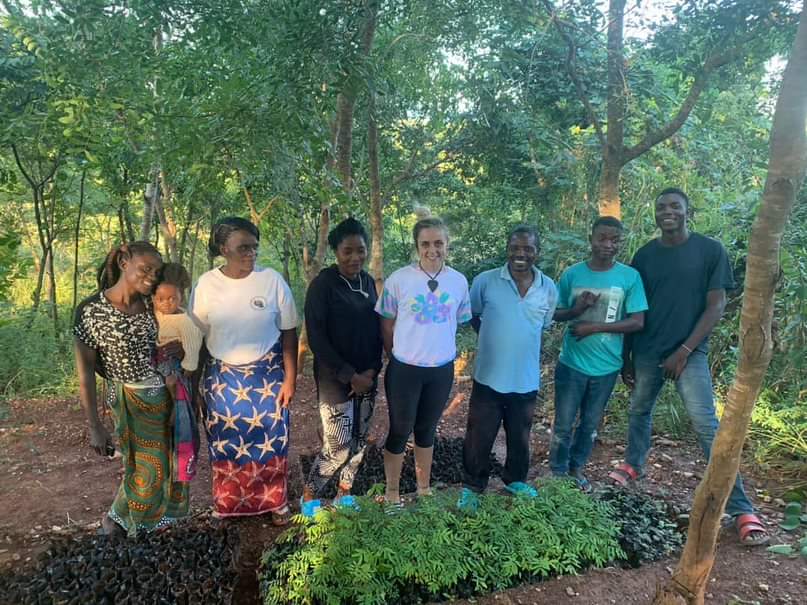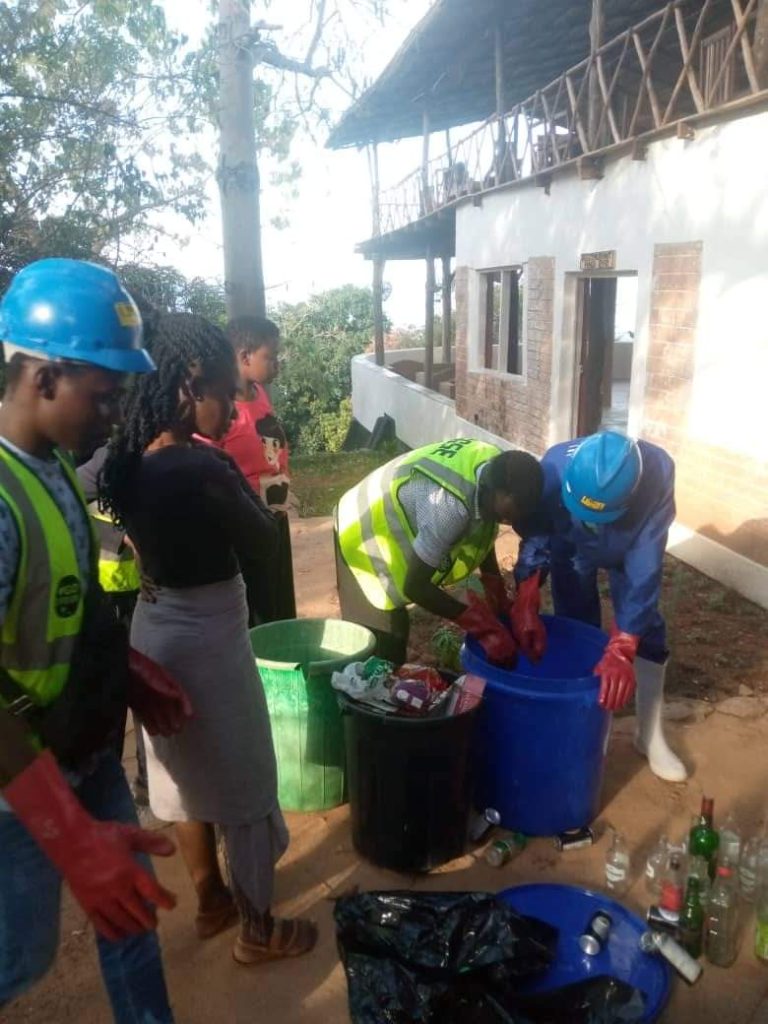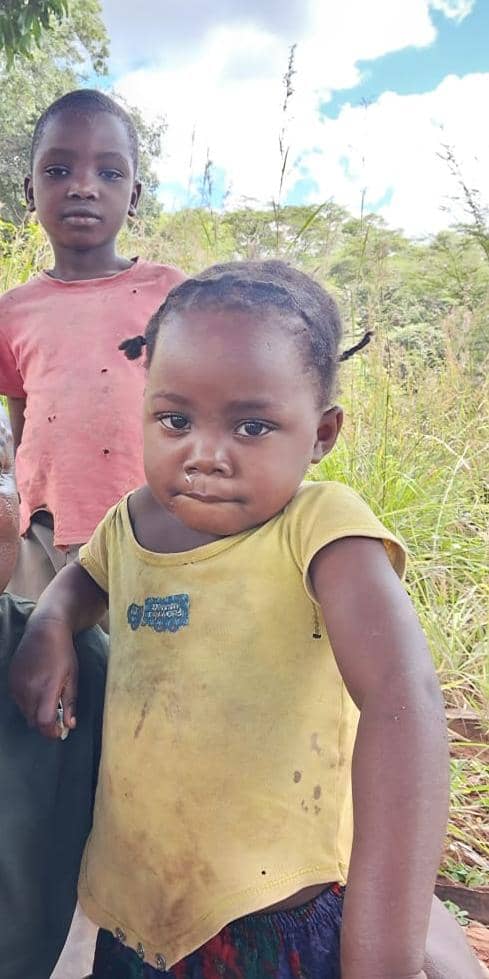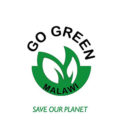Projects

Environment campaign and awareness
Sustained environmental education and awareness campaigns have been known to change the behavior and attitudes of stakeholders towards environment and natural resources. Go Green Malawi environmental education and awareness campaigns target both the young and the old through targeted campaigns such as the , environmental demonstrations, environmental days, cross-site visits, workshops and seminars are some of the activities .
Waste Management
Waste management or waste disposals are all the activities and actions required to manage waste from its inception to its final disposal. This includes amongst other things collection, transport, treatment and disposal of waste together with monitoring and regulation. It also encompasses the legal and regulatory framework that relates to waste management encompassing guidance on recycling. Waste can take any form that is solid, liquid or gas and each have different methods of disposal and management. Waste management normally deals with all types of waste whether it was created in forms that are industrial, biological, household and special cases where it may pose a threat to human health. It is produced due to human activities such as plastic bags that are used to carry, cover and keep goods and commodities at the market.
Developing an effective waste management system is one of the key areas for achieving sustainable development in Malawi. SDG 12 on responsible consumption and production, targets on substantially reducing waste generation through prevention, reduction, and recycling of all waste, by 2030.
Malawi has been facing several challenges in waste management, with City Councils managing only 12% of the waste, and the private waste collectors working to fill the gap. Furthermore, the limited coordination between waste generators (households and institutions), waste collectors and recyclers also exacerbate the challenges.


Orphan Care
Street Children are found. The problem of orphan / street children is acute due to urbanization and industrialization. Due to the deaths of HIV/AIDS affected persons, Re-marriage of deserted / widowed / divorce women, absence of love and security in the families, Family disputes, Unwanted pregnancy of Trafficking / Sexually exploited girls; these orphan and street children are left without care and support. These children are involved in rag picking; pick pocketing and participating in anti-social, criminal activities. Therefore, we envisage mainstreaming these children in the national building by providing care, support and protection in our ORPHAN CHILDREN HOME.
Gender and Climate resilience
The programme strengthened violence prevention mechanisms, and created a protective environment for women, girls and boys. The aim was to promote violence prevention in Malawi communities, and to actively engage citizens in this effort.
Gender refers to socially constructed roles, behaviour, activities and attributes that a given society considers appropriate for women, men , boys and girls.
The end goal is to achieve equality which is about equal rights, responsibilities and conditions to both men and women.
So Go Green as an organisation is also fighting for gender equality, equal rights is very important when it comes to environment issues since vulnerability to climate change is socially differentiated because women mostly have unequal access to resources, education, legal protection and decision making which make them more vulnerable to the impacts of climate change.
In addition Go Green is also looking at the rights of children by making sure that they are self from child abuse and Child labour.
Door to Door Waste Collection
Door to door refers to the collection system where citizens place domestic waste close to the street in personal waste containers. Our programming is anchored on four fundamental pillars which are capacity development, technical support and training, livelihood support and practical solutions for communities and institutions.
We intend to achieve our vision through:
- Heightening education and advocacy on climate change adaptation and environmental management best practices.
- Providing technical support and capacity development to community organizations, institutions, and regional action partners.
- Work in close consultation with government, private sector and development partners.
- Buttressing the trusses of children’s wellbeing through in-school programs that stimulate meaningful participation in disease prevention through ISWM, and climate change adaptation activities.
Strategic Objectives
- To provide education, training and raise awareness on environmental sustainability and climate change adaptation.
- To provide technical support on waste management and climate change adaptation to communities and institutions.
- To develop the capacity for communities on environmental sustainability and improve livelihoods.
- To facilitate local and regional networking opportunities through information sharing and dialogue platforms on best practices for environmental sustainability and climate change adaptation.
- Organization’s Work
In 2019, the organization successfully ran environmental awareness in partnership with the 350.org, Cure, Afes and Communities, Beneath are some key partnerships that have yielded fruits and improved our environment. In some cases, quantities of the collected, segregated and recycled are quantified. This helps in decision-makers coming up with informed decisions.
Strategic Key Result Areas
- Integrated Solid Waste Management (ISWM)
- Education, Training, and Awareness
- Livelihoods Support
- Community Waste Management Program (CWMP)
Go Green Malawi Environmental Education and Awareness
Sustained environmental education and awareness campaigns have been known to change the behavior and attitudes of stakeholders towards environment and natural resources. Go Green Malawi Organization environmental education and awareness campaigns target both the young and the old through targeted campaigns, environmental demonstrations, environmental days, cross-site visits, workshops and seminars are some of the activities
